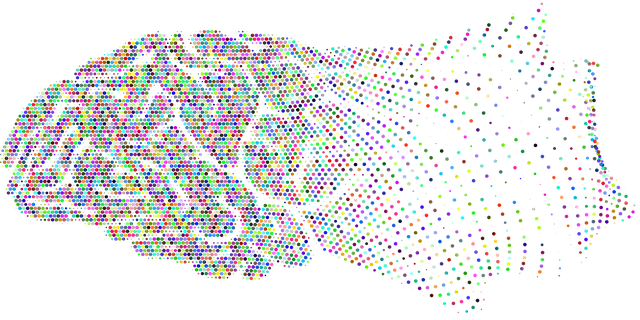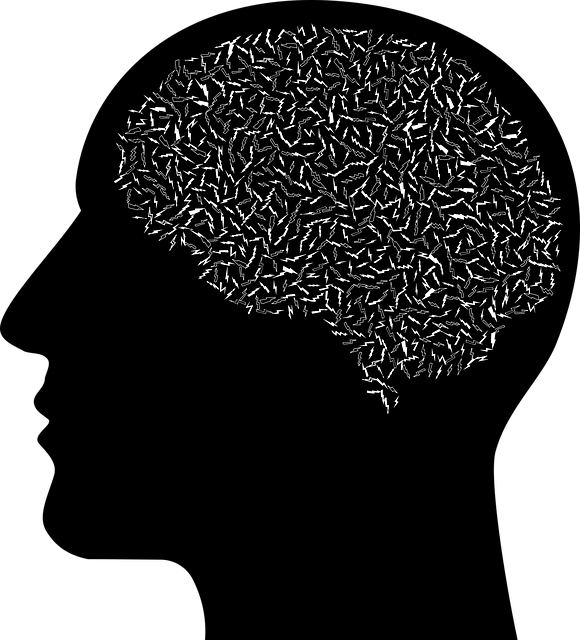Understanding Resilience, Flexibility, and Mastery (RFM) is a powerful framework empowering women to overcome stress, anxiety, and trauma through tailored therapy for womens issues. By creating safe spaces for self-exploration, exercises focus on emotional regulation, mindfulness, journaling, and visualization. Interactive activities teach healthy conflict resolution and positive relationship dynamics. This holistic approach, incorporating RFM principles, enhances treatment outcomes, prevents burnout, and promotes long-term mental health and well-being, making therapy for women's issues more effective and sustainable.
Resilience is a powerful tool for women navigating life’s challenges. RFM (Resource, Facilitation, and Motivation) models offer a unique approach to building resilience by addressing core needs. This article explores how understanding RFM can enhance therapy for women’s issues, empowering individuals to overcome adversity. We’ll delve into practical exercises designed to strengthen resilience and provide strategies for therapists to integrate RFM techniques, fostering a more supportive therapeutic environment tailored to women’s needs.
- Understanding RFM and Its Impact on Women's Resilience
- Designing Effective Resilience-Building Exercises
- Incorporating RFM into Therapy for Common Women's Issues
Understanding RFM and Its Impact on Women's Resilience

Understanding RFM, or Resilience, Flexibility, and Mastery, is key to empowering women to navigate life’s challenges with strength and adaptability. This framework recognizes that building resilience isn’t just about enduring hardship; it’s about thriving afterward. By fostering flexibility in thought and action, and cultivating a sense of mastery over one’s life, women can enhance their ability to cope with stress, anxiety, and trauma—issues for which therapy for women’s issues is increasingly sought.
RFM exercises are designed to help women develop coping mechanisms that go beyond traditional crisis intervention guidance. Through community outreach program implementations, these practices encourage participants to explore their emotions, challenge limiting beliefs, and build a sense of self-efficacy. By preventing burnout, which is a common outcome for those facing chronic stress or adversity, RFM techniques contribute to long-term mental health and well-being.
Designing Effective Resilience-Building Exercises

When designing resilience-building exercises for women, it’s essential to create a safe and supportive space that encourages self-exploration and growth. These exercises should be tailored to address specific challenges women often face, such as stress management, emotional regulation, and effective communication. Incorporating practices like mindfulness meditation, journaling prompts, and guided visualizations can enhance self-awareness, allowing individuals to gain deeper insights into their triggers and coping mechanisms.
The curriculum should also include interactive activities that promote healthy conflict resolution techniques and foster positive relationships. Encouraging open dialogue through group discussions or role-playing scenarios can help women develop communication strategies to navigate difficult situations assertively. By combining these elements, therapy for women’s issues becomes a transformative journey, empowering individuals with the tools needed to build resilience and lead more fulfilling lives.
Incorporating RFM into Therapy for Common Women's Issues

Incorporating RFM (Resource, Resilience, and Mindfulness) into therapy sessions tailored for women’s issues can significantly enhance treatment outcomes. This approach leverages the power of self-awareness exercises to help clients build resilience, a crucial component in addressing common mental health challenges faced by women. By integrating mindfulness practices, therapists enable patients to manage stress, anxiety, and even post-traumatic stress disorder (PTSD), which are prevalent in many women’s lives.
RFM techniques offer trauma support services that go beyond traditional therapy methods, fostering depression prevention through proactive coping strategies. These exercises promote self-awareness, teaching clients to recognize and regulate their emotions effectively. Such empowerment is vital for navigating life’s challenges, especially in a society where women often face unique pressures. This holistic approach ensures that therapy for women’s issues becomes more effective and sustainable.
Resilience is a powerful tool for women to navigate life’s challenges, and incorporating RFM (Resourceful Facilitation Model) into therapy for women’s issues can significantly enhance their coping mechanisms. By designing effective resilience-building exercises, therapists can empower clients to cultivate strength and adaptability. Understanding RFM’s impact on women’s resilience allows professionals to tailor interventions, fostering a supportive environment that promotes personal growth and empowers women to embrace life’s complexities with confidence.








